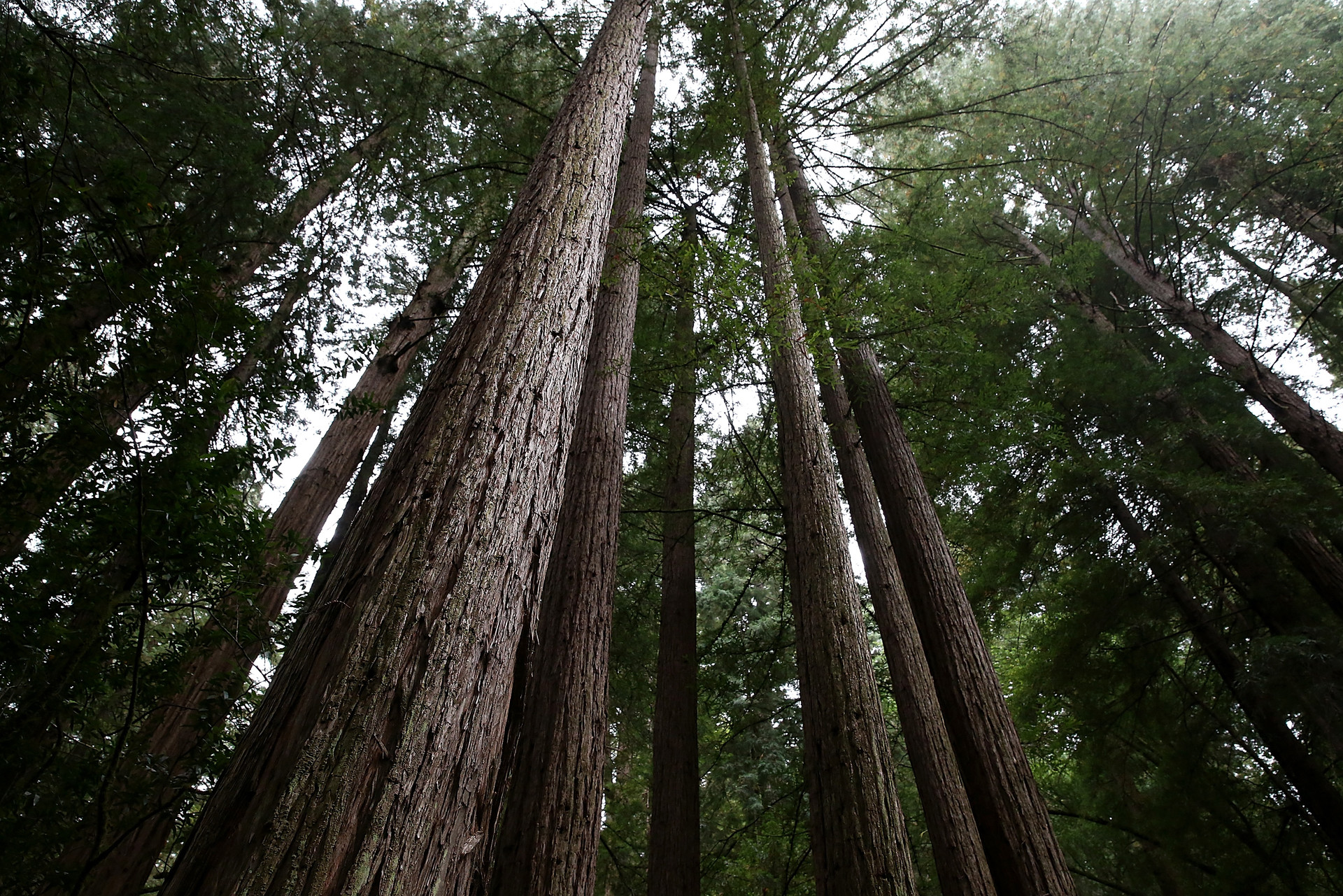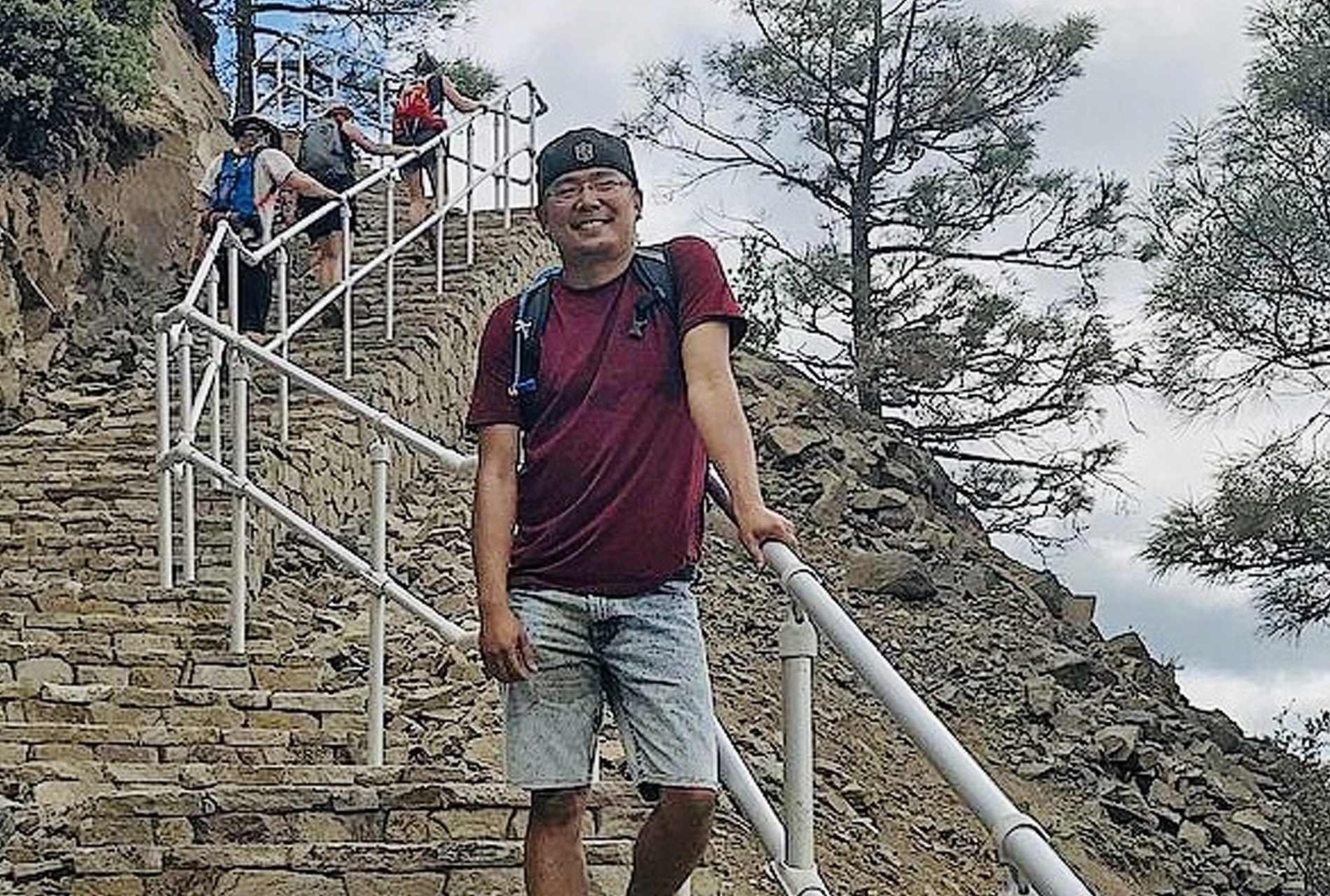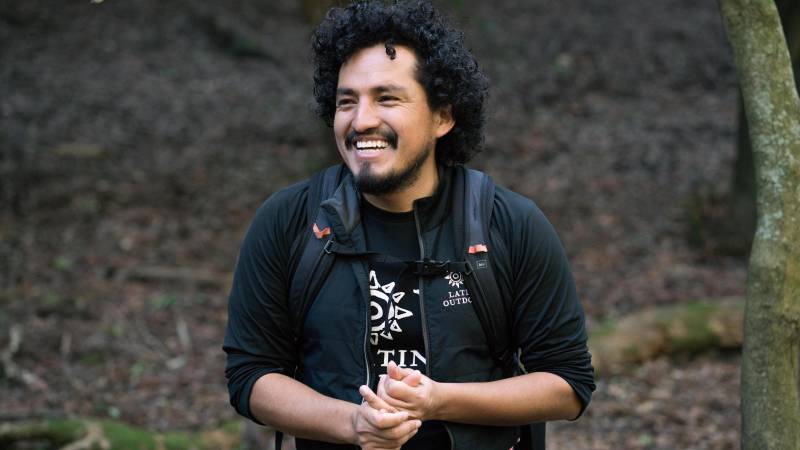Updated July 30 at 4:45 p.m.
When José G. González, the founder of Latino Outdoors, was on a panel recently, he heard one of the organization’s local leaders explaining how she’d first found the group. She’d typed “outdoor” and “Latino” into Google.
“When I did that six or seven years ago, that wasn’t there,” González says.
It’s the whole reason González created Latino Outdoors in 2013: to fill a need. According to its mission statement, the organization wants to create a space in which “all Latino communities enjoy nature as a safe, inclusive, and welcoming place.”
Their work includes the provision of inclusive programs and resources for those camping for the first time, as well as for those with more experience. It also furthers understanding of ecological history, alongside human history.
“Nature is essential,” says González. “We really need to see it as a necessity rather than just a nicety.” He’s now a consultant and advisor, serving on different boards and working to increase equitable access for communities of color to nature and the outdoors.
And while he and his colleagues have been advocating in this space for years, it’s a wider issue that recently made headlines when the executive director of the Sierra Club, Michael Brune, apologized for the racist views perpetuated by the organization’s founder: iconic environmentalist John Muir.

A Natural Reckoning
Muir had, wrote Brune in a letter on the Sierra Club’s website, made “derogatory comments about Black people and Indigenous peoples that drew on deeply harmful racist stereotypes.”
Muir’s words on the environment and nature can be found on gift shop paraphernalia around the U.S. National Parks network. One such quotation: “When we try to pick out anything by itself, we find it hitched to everything else in the Universe,” Muir said in 1911.
For González, there’s a particular irony in these words. For him, they also apply to the very history of conservation in the U.S. — and its relationship to race. As the Sierra Club’s apology spotlighted, Muir’s own image of pristine wilderness unshaped by humans only existed if Indigenous people weren’t part of it.
The parks system, much like the founding of the U.S. itself, was designed by a specific demographic — landowning white males and after WWII served “a primarily white middle class,” González said. “We’re now facing the question of: what does that look like, and how does it need to be different, with a different demographic in mind?”
People can debate whether or not Muir was racist, says González says, but it “only gets us so far.” For him, it’s more about rethinking of the future of conservation with our current — and future demographics — at its heart.
“When we look at the demographics of the new world in 2050, compared to 1950, they’re very different,” González says.

Doing the Work
“There’s a history of racism that you can’t erase” says Francis Mendoza, a Filipinx naturalist and park ranger, about the current reckoning within the conservation movement’s regarding its whole past.
When it comes to people like Muir, says Mendoza, “it is important to look at him and other figures with a whole view — not just his racism. We have to look at the whole person and decide for ourselves what that person has contributed to and what they have taken away from, in our social movements.”
In 2018, Mendoza wrote an online essay about often feeling “like an outsider in the outdoors world.” He felt privileged, he wrote, to be part of an inclusion movement that was “shifting the narrative, helping to remove exclusionary barriers, and conserving and protecting these beautiful open spaces that we can all enjoy.”
Mendoza applauds others currently doing important work to confront some of the racist history within organizations: like Teresa Baker, co-founder of the Outdoor CEO Diversity Pledge , which aims to connect “leading outdoor brands with inclusion advocates to advance representation for people of color across the industry.”
There’s also folks like Corinna Gould working to counteract the structures of the past. Gould co-founded the Sogorea Te Land Trust, with a mission to return indigenous ownership of Bay Area land.
